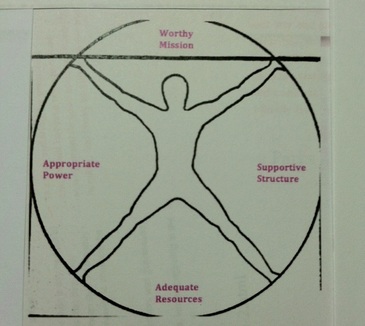Fulfilling human needs help us survive and thrive. Necessities include water, food and shelter; psychological needs such as self-actualization help us succeed. However the interpretation of what these needs mean and the concentration of need vary depending upon the cultural and social setting.
In Edward Azar's theory of "Protracted Social Conflict" he argues deprivation of human needs is motivation for conflict. While there are differing opinions on what constitutes a need and what composes a satisfier, as well as the sources of conflict within the social system, it is agreed upon by scholars that when basic human needs are denied, people will fight for them.
A notable conflict in which struggle for human needs plays major role is the Israeli/Palestinian Conflict. This well-known violent struggle has numerous facets and misunderstandings. Religious identity has fueled hatred as each party stands up for
rights. From the need to feel safe in one's own home to self-realization of religious identity, both Israel and Palestine feel their needs are not being met.
Another Edward Azar theory, "Unlike interests, needs are ontological and non-negotiable, so that, if conflict comes, it is likely to be intense, vicious and irrational."
In SESSION 2 this website looks at "What Makes An Individual Fully-Functioning?" See illustration. Three case studies can be heard and read, each with different techniques to solve problems. These resolutions are not easy or quickly attained but persistence brought peaceful endings. Other parts of SESSION 2 are important to consider when learning how needs, rights and conflict intersect.
John Looney Intern (2008-2009)


 RSS Feed
RSS Feed

